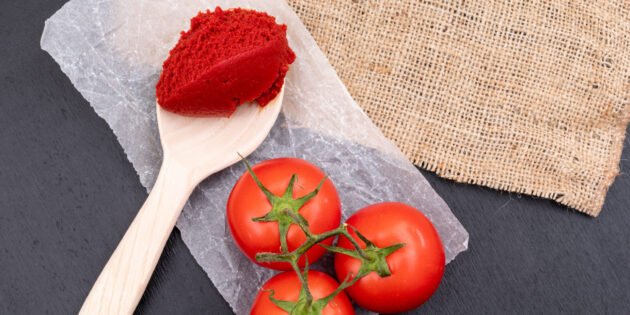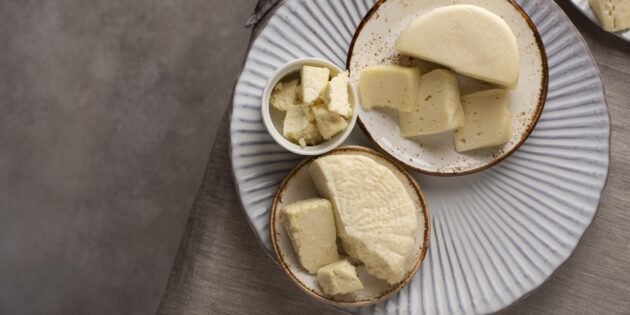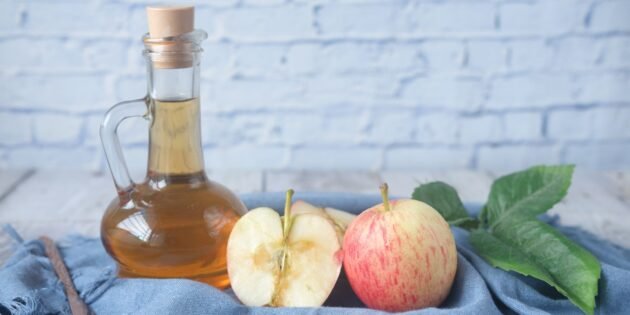One way to save on food is to replace expensive ingredients with more affordable ones when the recipe allows. Analogs do not always have the same taste qualities and nutritional value, but cooking is excellent flexibility: a creative approach gives birth to new dishes.
In the article we will tell you how you can replace expensive types of meat, fish, vegetables and dairy products. All prices in the text are approximate and valid for the central part of Russia at the time of writing.

Of the meat, chicken is the most accessible. It is more profitable to buy a whole carcass: it costs almost twice as much as a fillet. Separate it yourself for the second courses, and prepare broth for soups from the bones.
Expensive beef can be replaced with pork. At the same time, it is important to understand the cuts: parts of the carcass differ in taste and price. The most expensive tenderloin and neck, they are better suited for baking a large piece. For other dishes or minced meat choose a spatula, ham and podcherevok Meat with layers of fat and sometimes a small rib bone. : they are 20-30% cheaper.
If you don't like the taste of pork at all, then at least give up expensive beef cuts. Instead, try the shin, tails and cheeks. They require longer cooking, but in the right hands they can become no worse than a marble steak.
Buy offal more often, for example chicken liver or stomachs. They are much cheaper than meat, but they cook quickly and have a bright taste.
It is already more difficult to fit fish dishes into the budget menu: prices for fresh red fish start from 500 rubles/kg. But many species have a similar taste, and therefore are interchangeable:
From seafood, take squid and mussels : they are two to three times cheaper than shrimp and scallops. To make inexpensive clams turn out to be just as tender, cook them for just a couple of minutes.

In order to save money, fresh vegetables and fruits can be replaced with canned ones. For example, to bake meat with pineapple in the oven, it is not necessary to use fresh fruit — canned food will give the desired sourness to the dish. Tomatoes in their own juice and tomato paste will cope well with the duties of fresh tomatoes in many recipes.
Replacing exotic imported vegetables with local ones will help save money. Instead of celery root, use turnips, radishes and radishes instead of daikon, pumpkin and carrots instead of sweet potatoes, beet tops instead of kale, young white cabbage instead of iceberg and other types of lettuce. In the off-season, buy frozen vegetables: they almost do not differ in taste and vitamin content A. Bouzari, D. Holstege, D. M. Barrett. Vitamin retention in eight fruits and vegetables: A comparison of refrigerated and frozen storage / Journal of Agricultural and Food Chemistry from fresh ones.
Aromatic herbs like thyme and rosemary are better to take in dried form: their aroma is just as strong, and the price is several times lower.

The easiest way to reduce spending in this category is to choose products with a low percentage of fat content. As a rule, the higher it is, the higher the price.
Sour cream in dressings, sauces and dough can be replaced with natural yogurt: a jar will cost about one and a half times cheaper. For creams, instead of expensive butter, cream cheese and cream , take sour cream and fat cottage cheese.
Take a closer look at the cheeses that are produced in Russia and neighboring countries: these varieties are usually cheaper. Adyghe is no worse than halumi, and suluguni will perfectly replace mozzarella and provolone.
Yogurt, cottage cheese and other dairy products can be made at home.

Sesame, olive, pumpkin and other unusual vegetable oils have an expressive aroma, but are significantly more expensive than conventional sunflower. Therefore, if you want to save money, take it for frying and refueling. And so that the taste of the dishes does not suffer from such a replacement, put more spices and herbs.
Wine and apple cider vinegar are twice or three times cheaper, but they can cope with the gastronomic functions of balsamic. Especially if you insist them on herbs.
Instead of capers and olives, add less exotic and expensive pickled cucumbers to sauces and salads for piquancy. Replace the freshly squeezed lemon juice with citric acid powder, and the melted chocolate with cocoa powder diluted in vegetable oil.
If you spend a little more time buying groceries and study the store offers more carefully, you will be able to reduce spending a little more.